What is an SSL VPN and Do you need one?

Bisma Farrukh
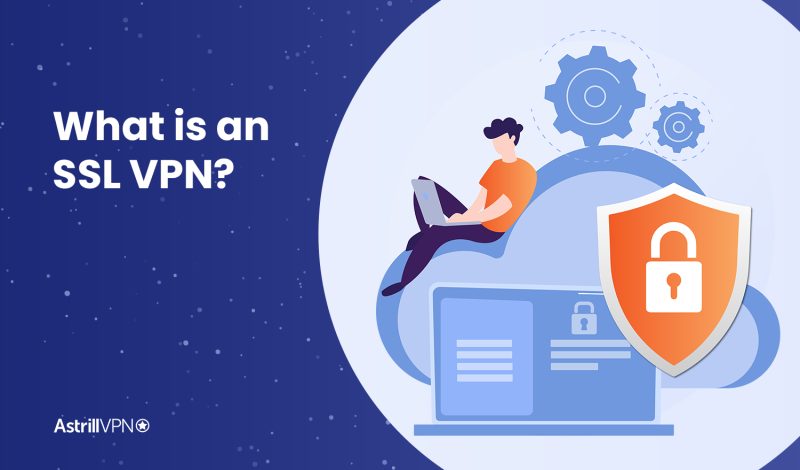
As organizations strive to protect sensitive data and maintain network integrity, VPNs have emerged as an indispensable tool. One such type of VPN technology that has gained popularity is the SSL VPN, also known as a Secure Sockets Layer Virtual Private Network.
In this guide we’ll discuss what exactly is an SSL VPN, and do you need it.
Table of Contents
What is an SSL VPN?
An SSL VPN (Secure Sockets Layer Virtual Private Network) is a type of VPN that uses the SSL/TLS (Secure Sockets Layer/Transport Layer Security) protocol to establish a secure and encrypted connection between a client device and a remote network or resource. It provides secure access to internal network resources and applications over the public internet.
The SSL VPN technology allows remote users to securely connect to a private network by establishing an encrypted tunnel between the client device and the VPN gateway. This tunnel encrypts the data transmitted between the client and the network, protecting it from unauthorized access or interception.
Organizations commonly use SSL VPNs to provide secure remote access for employees who need to connect to the corporate network while working from home or traveling. They can also be used to grant access to specific resources or applications for external partners, contractors, or vendors.
Types of SSL VPN
When choosing an SSL-VPN, choosing a solution that will fit your specific needs is essential. You can use one of the two types: SSL- VPN portal or SSL-VPN tunnel. Both are effective for business use, but they have certain differences. Let’s take a closer look at each.
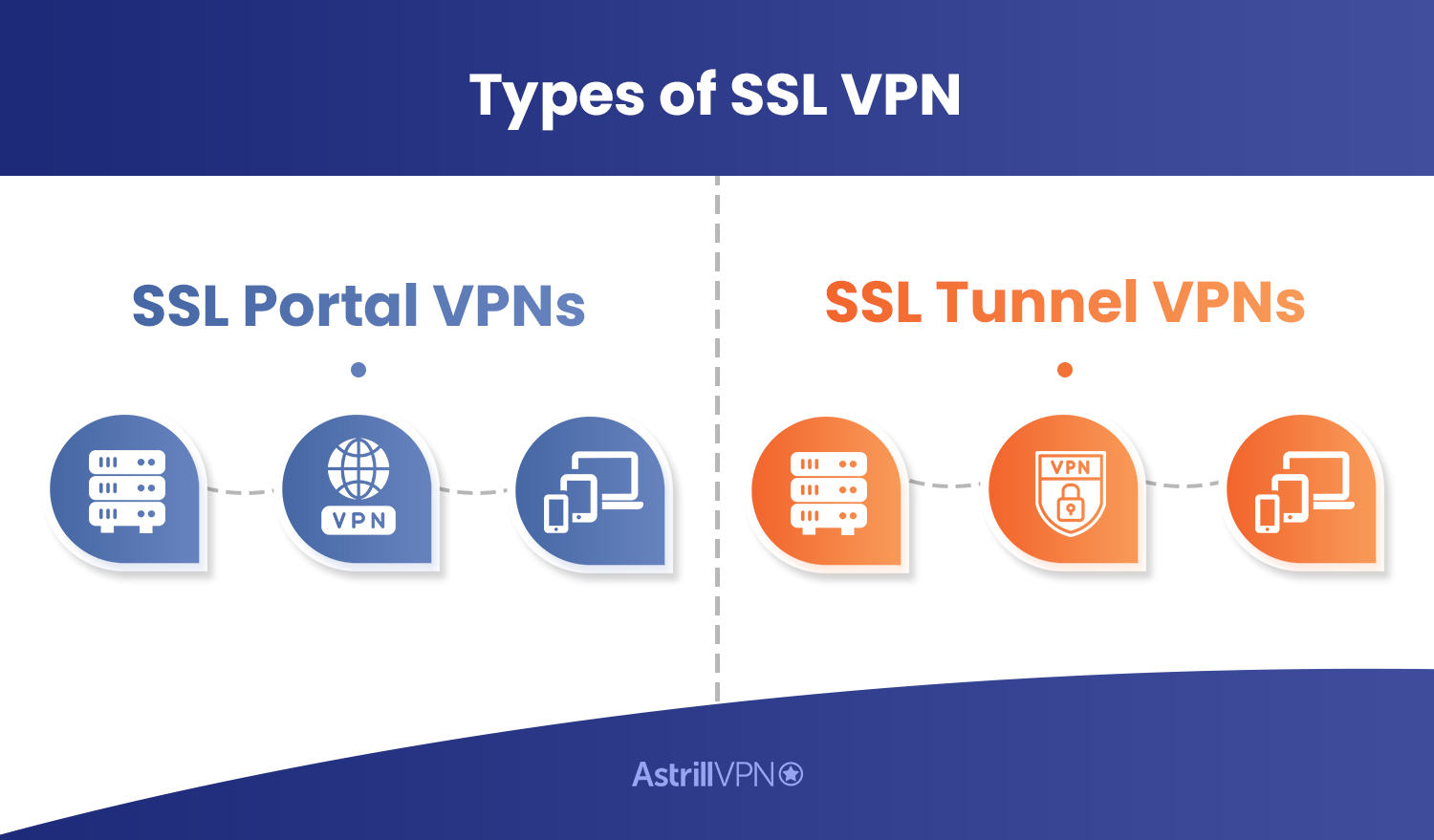
1.SSL Portal VPNs
SSL Portal VPN refers to the web-based interface or portal through which users access the VPN services. When a user connects to an SSL Portal VPN, they typically authenticate themselves through the portal using their credentials, such as username and password.
Once authenticated, they can access authorized resources and applications available on the private network, such as file shares, intranet websites, and internal applications, as if they were directly connected to the network.
SSL Portal VPNs provide several advantages, including ease of use, as they require no additional software installation beyond a web browser. They also offer broad compatibility since they can be accessed from various devices and operating systems.
Additionally, SSL Portal VPNs are often used to provide remote access to partners, contractors, and employees working from non-corporate devices, such as personal laptops or mobile devices, while maintaining security and control over network resources.
2.SSL Tunnel VPNs
In an SSL Tunnel VPN, a VPN client software is typically installed on the user’s device, which initiates the VPN connection to the VPN server. The SSL/TLS protocol is then utilized to establish a secure communication channel, encrypting the data transmitted between the client and the server. This encryption ensures that the information exchanged within the VPN tunnel remains confidential and protected from unauthorized access.
The SSL Tunnel VPN operates at the transport layer of the network protocol stack, encrypting the entire payload of the network packets. This enables secure transmission of various types of network traffic, such as web browsing, email, file transfers, and other applications that use TCP/IP for communication.
SSL Tunnel VPNs are often used for remote access scenarios, allowing users to connect to a private network from outside locations, such as from home or while traveling. The encrypted tunnel provides a secure pathway for accessing resources on the private network, such as files, applications, and internal systems, as if the user were physically present on the network premises.
SSL Tunnel VPNs are relatively easy to configure and use, with support for a wide range of operating systems and devices. SSL Tunnel VPNs also provide a high level of security by leveraging the robust encryption and authentication mechanisms of the SSL/TLS protocols.
How does SSL VPN work?
To answer the question, “How does SSL VPN work?” let’s look at two different types of encryption. TLS, or transport layer security, is used by most SSL VPN clients to negotiate the connection. This provides connection-oriented security, which is desirable for secure communication between client and server.
DTLS, on the other hand, uses datagram transport layer security, and works with UDP. This may be advantageous for some applications where the speed of data transfer is important.
Regardless of which type of security you’re concerned about, SSL VPNs are a good option for your organization. The SSL VPN connects your browser to a gateway server, which presents the login page.
The gateway server integrates with your company’s authentication systems, giving remote users access to the same protected company resources. Full E2EE protection of data means that your employees are protected when they access company resources through SSL VPN.
SSL VPN works by sending encrypted information through a special SSL tunnel. The connection is established between the client and server every time a user visits a website. This process is called a “handshake,” and it takes a few seconds, during which time the website loads.
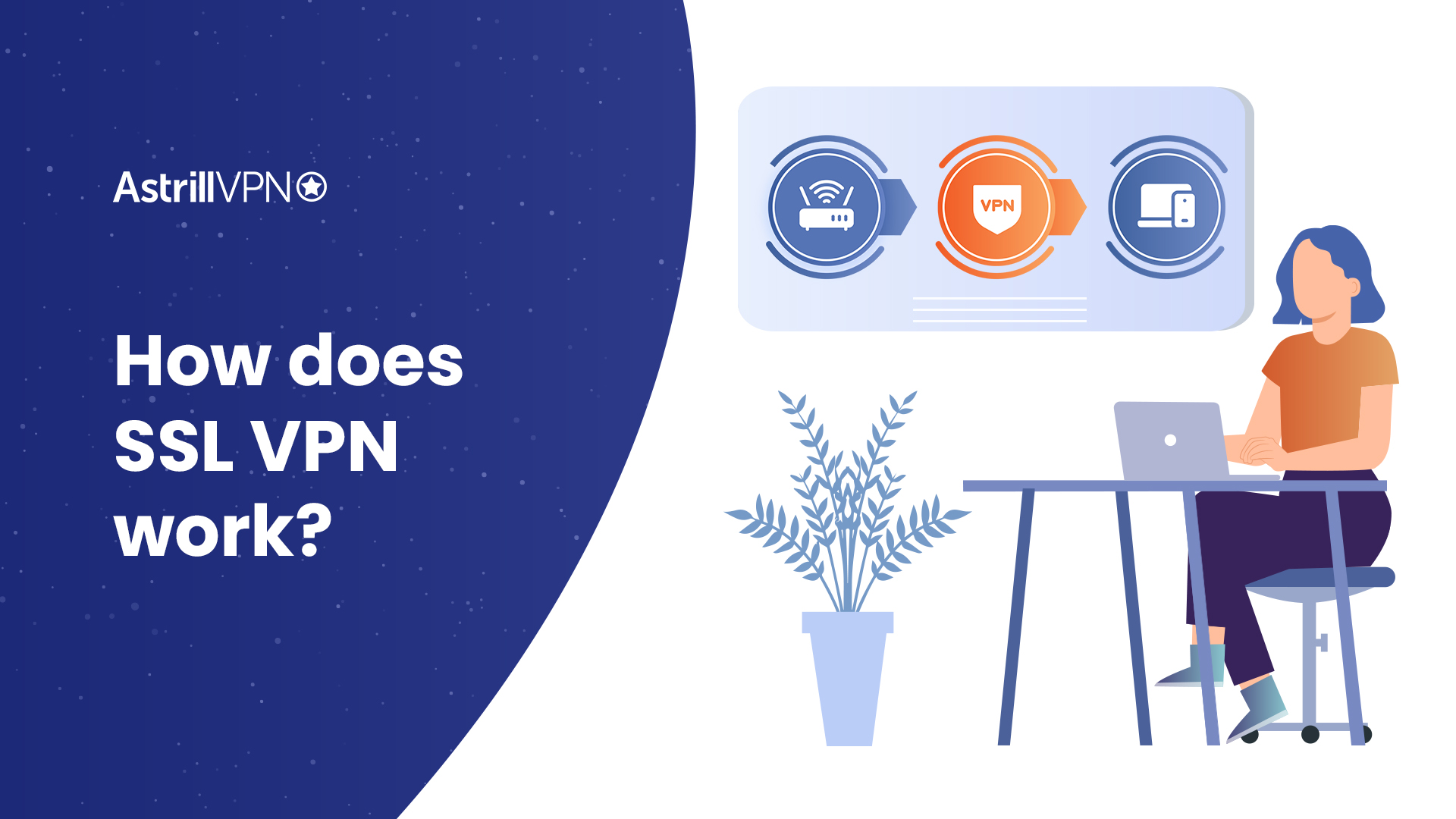
Why is SSL VPN important?
There are many benefits of using an SSL VPN. Few of them listed below
1. Compatibility
It is compatible with almost every modern web browser. SSL VPN is fully supported by Firefox, Chrome, Safari, Edge and Internet Explorer. It works with any current mobile device.
2. No additional software required for installation
SSL VPNs do not require any additional software or client applications to operate. Since they are a native part of the web browser, administrators do not have to worry about complicated installation and configuration. They are really easy to install.
3. Allows admin rights to different users
SSL VPN allows administrators to grant different administrative rights to different users, thereby ensuring that the user experience is always as seamless as possible. It is implemented in a web browser using TLS technology which makes it easy to be deployed.
4. Connection to corporate network
SSL VPNs also allow non-IT devices to connect to the corporate network. They also enable remote access to specific applications, such as web browsers and email servers. Remote clients do not require unique configuration or installation and can easily connect to the corporate network.
5. Client integrity checks
Some SSL-VPN gateways enforce client integrity checks, preventing remote devices from making unauthorized connections. These features are essential in ensuring the security of corporate networks.
6. Educating regarding risks
SSL portal VPNs do not authenticate users’ devices, which opens the door to malware infections. The security implications of this risk must be considered, and users should educate themselves on the risks associated with unsecured connections.
SSL VPN vs IPSEC VPN
When evaluating the benefits and drawbacks of using SSL VPN and IPSEC VPN, remember to remember the following points.
- The main difference between an IPsec and an SSL VPN is the way they handle authentication and encryption. An IPsec VPN is more secure because hackers cannot determine the settings used by the client software, but an SSL VPN is simpler to set up and maintain.
- IPsec is a standard suite of protocols developed by the Internet Engineering Task Force that enables secure remote access to a network.
The protocols used in IPsec VPNs support data encryption, data integrity, and network-level peer authentication. IPSec is commonly used for site-to-site VPNs. However, both VPNs offer the same level of security.
- In addition to a wide variety of applications, an SSL VPN is better suited to tightly controlled access scenarios where infeasible certificates are an issue. By contrast, an IPsec VPN primarily relies on the security of destination networks and application traffic.
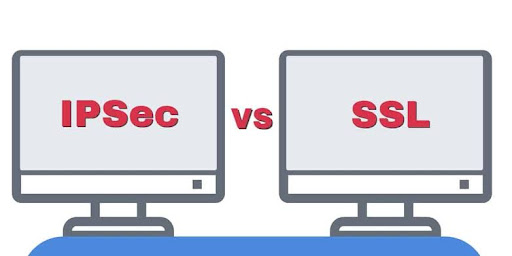
SSL VPN vs IPSEC VPN: Head to Head Comparison (new heading)
| SSL VPN | IPsec VPN | |
| Protocol | SSL/TLS | IPsec |
| Access Method | Web-based portal or dedicated clients | Dedicated clients or network devices |
| Portability | Compatible with various devices and operating systems | Compatible with various devices and operating systems, may require client software installation |
| Network Access | Granular access controls for specific resources | Full network-level access to private network |
| Application Support | Supports web-based and TCP/IP-based applications | Supports all network protocols and applications |
| Security | SSL/TLS encryption and authentication at the application layer | IPsec encryption and authentication at the network layer |
| Deployment | Commonly used for remote access scenarios, such as employees and partners working remotely | Commonly used for site-to-site VPN connections and remote access scenarios |
Advantages of SSL VPN
Besides encrypting data, SSL VPN offers multiple advantages, such as secure connectivity between distant clients and multi-IP beginning support.
1. Protects user information
SSL VPN protects user information and the hallmark procedure, reducing the risk of counterfeiting and data leakage.
2. Level of security
The advantages of SSL VPN are largely dependent on the type of organization and the level of security desired.
3. Secure access to web application
As the web has become the standard platform, more enterprises are moving their systems to the cloud. SSL VPN solutions enable secure access to web applications and the intranet via web browsers from anywhere, anytime, and on mobile devices.
4. Demand for secure access
With deepening enterprise informatization, demand for remote secure access to enterprise data will only increase.
5. Replacement of traditional networking
SSL VPN solutions will soon replace traditional networking as the next generation of secure access.
6. Assorted access privilege
SSL VPN offers a host of advantages, including assorted access privileges.
7. Access different applications simultaneously
The ability to access different applications simultaneously without logging into multiple applications, for example, can give a doctor the ability to use e-patient records, patient enrollment, and e-prescription medicine order entry systems.
8. Flexibility
With the flexibility of SSL VPN, doctors can even inquire about electronic trials, medical imaging, and medicine telling.
9. Minimize security risks
SSL VPN is so secure, it helps the enterprise to minimize security risks and maximize operational efficiency.
10. Enterprise level security
SSL VPNs can be a good choice for enterprise-level security. Because they provide a simple interface for remote users, they are widely adopted by enterprises.
11. E2EE mechanism for client sessions
SSL VPNs also offer an excellent E2EE mechanism for client internet sessions. Furthermore, due to its greater compatibility with client platforms, remote networks, and firewalls, they are easy to implement.
12. Secure access path
They can provide a secure access path to internal resources.
Disadvantages of SSL VPN
Following are the disadvantages associated with SSL VPN.
1. Target of attackers
SSL VPNs have long been a target of attackers, and a recent report by the National Security Agency and FBI highlights vulnerabilities in the industry. Security experts have long warned that SSL VPNs are vulnerable to attack chains, and the vulnerability CVE-2020-1472 is a prime example.
2. Vulnerability can be exploited
Its vulnerability can be exploited by an unauthenticated attacker by sending HTTP requests containing a specially crafted directory traversal string.
3. Malware spread in the network
Despite the wide range of security benefits that SSL VPNs provide, this is not without its own risks. It has the ability of malware to spread from one network to another and the potential for hackers to intercept data.
4. Prone to hacking
SSL VPNs are prone to hacking, primarily because the “split tunneling” feature allows unsecured and secured traffic to pass over the same connection.
5. Optional user authentication
It has a major security issue. It has optional user authentication. Integration with 3rd party authentication products can solve this major issue.
How can Astrill VPN help?
If you’re looking for a high-speed VPN that works with Netflix and other services, Astrill is a great choice. The service offers unlimited bandwidth and server switching, as well as dedicated P2P VPN servers. Astrill also offers VIP servers, which prioritize traffic. The VIP servers are especially useful if you frequently play online games or access sites in Asia. You can buy a subscription for as little as $12.5 per month.
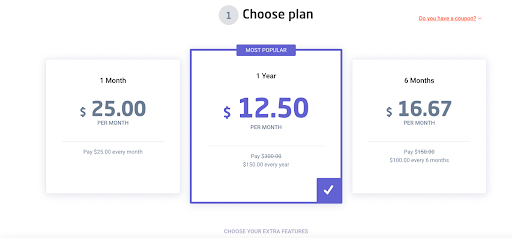
For those of you living in China, Astrill can be an ideal solution. Its StealthVPN tunneling protocol simulates HTTPS traffic, so your ISP won’t know you’re using a VPN. In fact, Astrill also offers a feature called OpenWeb that can bypass the Great Firewall. This feature means that Astrill has servers throughout Asia, which could make it easier to use this service.
Aside from being a great choice for anonymous browsing, Astrill also protects your internet connection from hackers. Its 256-bit SSL encryption ensures that no one can monitor your online activity.
The VPN service works even on public Wi-fi networks and unsecured Wi-Fi connections. Astrill also runs in the background without disturbing browsing or reducing speed. Ultimately, it’s a good choice for users looking for a VPN that works with Netflix and other services.
The Bottom Line
Using SSL VPN has its advantages and disadvantages, but generally, this protocol is secure. It’s a good option for your business and offers full E2EE protection. The cost and management of authentication certificates are time-consuming and difficult for SSL VPN users, but its setup is easier. Ultimately, it’s a good choice for VPN users working remotely and constantly traveling.
Faqs:
What’s the difference between an SSL VPN and a VPN?
An SSL VPN and a traditional VPN differ in their protocols, access/application, portability/ease of use, and security/encryption. An SSL VPN uses the SSL/TLS protocol for secure connections, commonly for remote access to web-based applications, while a traditional VPN uses IPsec or other tunneling protocols for broader network access. SSL VPNs are often browser-based and more portable, accessible from any device with a compatible browser, while traditional VPNs require dedicated client software. Traditional VPNs generally offer stronger encryption and security features, making them suitable for high-security scenarios. It’s important to review specific features and compatibility when choosing a VPN solution.
How do I know if my VPN is SSL enabled?
To determine if your VPN is SSL enabled, you can check the settings or documentation provided by your VPN service or client. Additionally, SSL-enabled VPNs often use port 443 for communication, which is the same port used for secure HTTPS connections.
Does a VPN require an SSL?
No, a VPN does not require an SSL (Secure Socket Layer). While SSL can be used as a protocol for establishing secure connections in some VPN implementations (known as SSL VPNs), not all VPNs rely on SSL. Traditional VPNs may use different protocols like IPsec (Internet Protocol Security) or other tunneling protocols for securing connections. The specific requirements and protocols used by a VPN depend on the implementation and the chosen VPN service or client.

No comments were posted yet